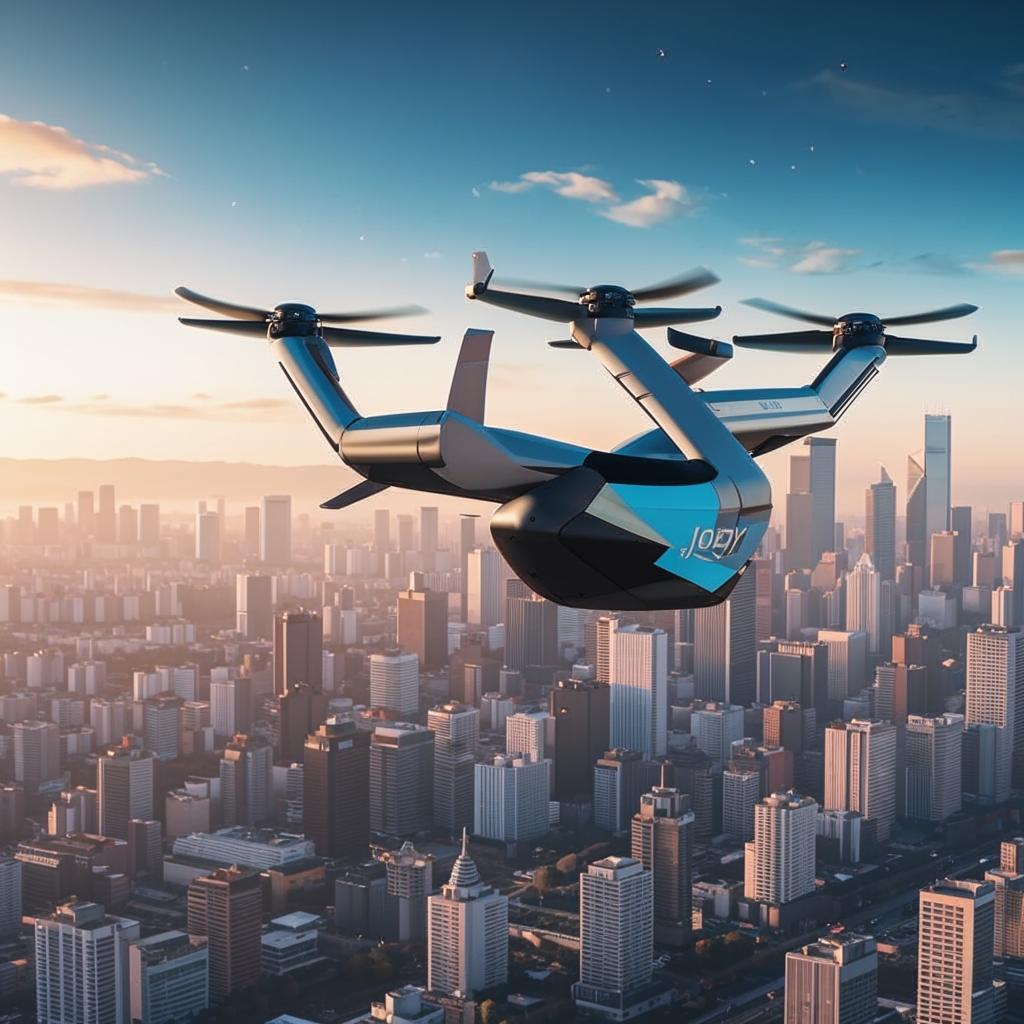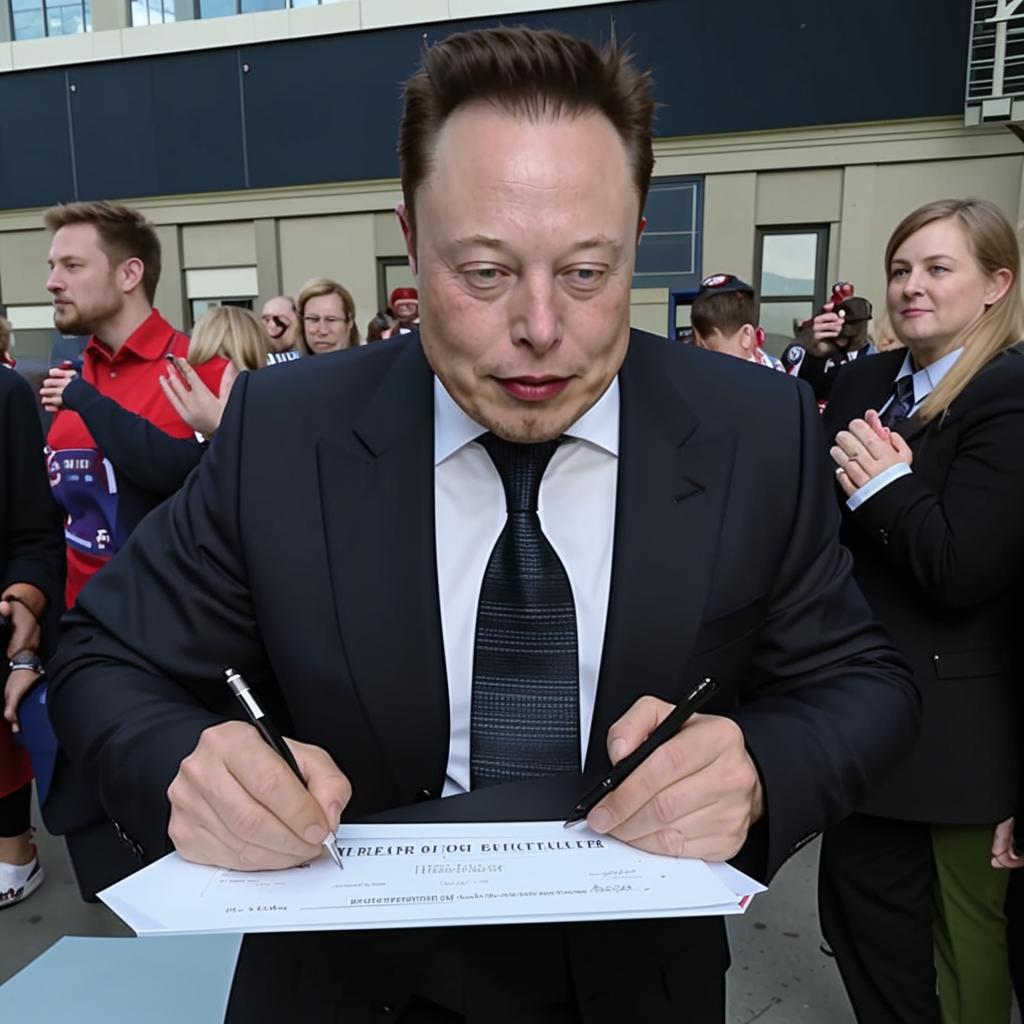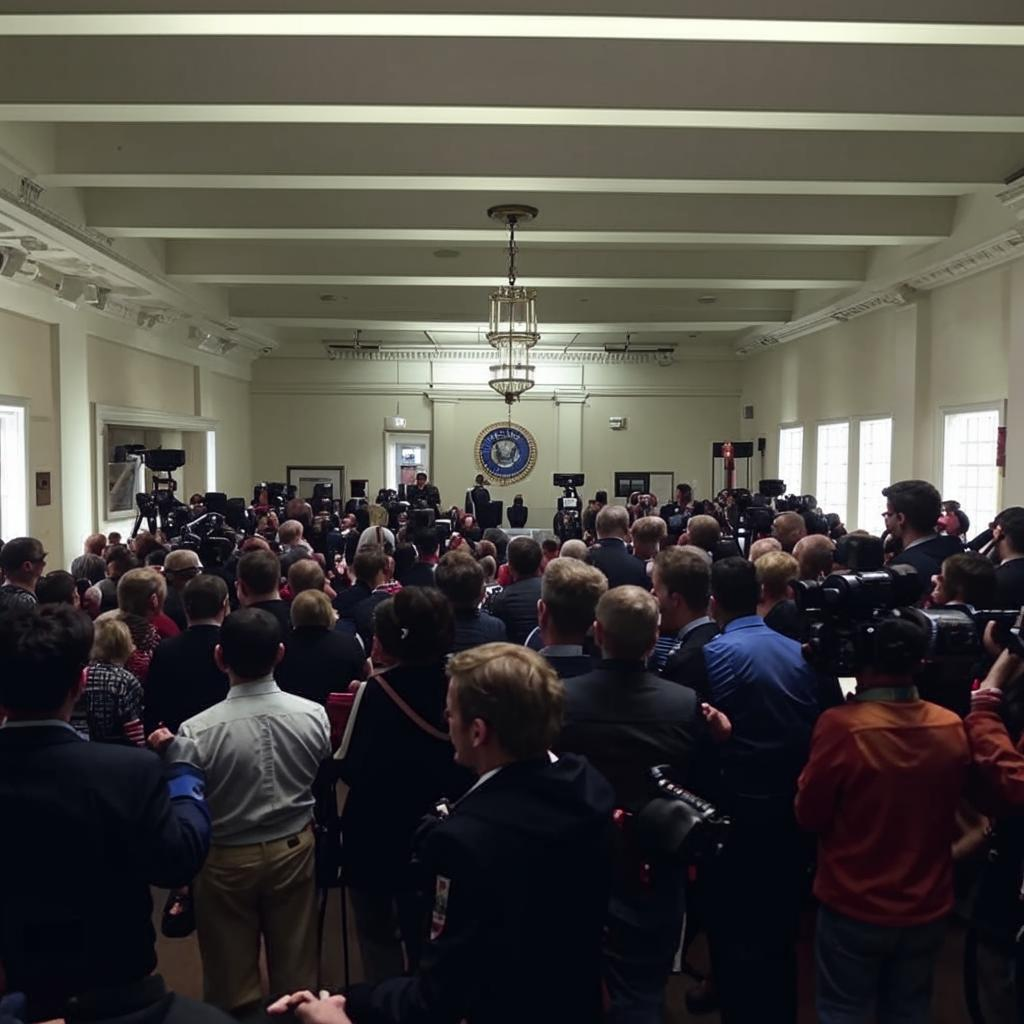The dream of flying taxis is edging closer to reality as companies like Joby Aviation secure crucial regulatory approvals. Joby recently received FAA Part 135 Air Carrier Certificate, enabling it to begin commercial air taxi operations. This certification marks a significant milestone, confirming Joby’s adherence to stringent safety standards and operational requirements. While it doesn’t immediately launch commercial service, it allows Joby to begin developing operational procedures, training personnel, and integrating its eVTOL aircraft into the national airspace system.
eVTOL aircraft promise to revolutionize urban transportation by offering a faster, quieter, and potentially more sustainable alternative to traditional modes of transit. These electric-powered aircraft take off and land vertically, eliminating the need for runways and enabling them to operate from rooftops or small landing pads in urban areas. The potential benefits are immense, from reducing traffic congestion and commute times to connecting underserved communities and facilitating emergency medical services.
However, significant challenges remain. Developing reliable and safe eVTOL technology, securing regulatory approvals, building the necessary infrastructure (vertiports), and overcoming public concerns about safety and noise are all hurdles that must be addressed before eVTOL aircraft can become a mainstream mode of transportation. Moreover, the cost of eVTOL flights initially will likely limit accessibility to a wealthy niche. Despite these challenges, the progress made by companies like Joby signals a transformative shift in aviation and urban mobility. The race is on to make affordable, sustainable, and widely accessible air taxi services a reality. Finishtit














